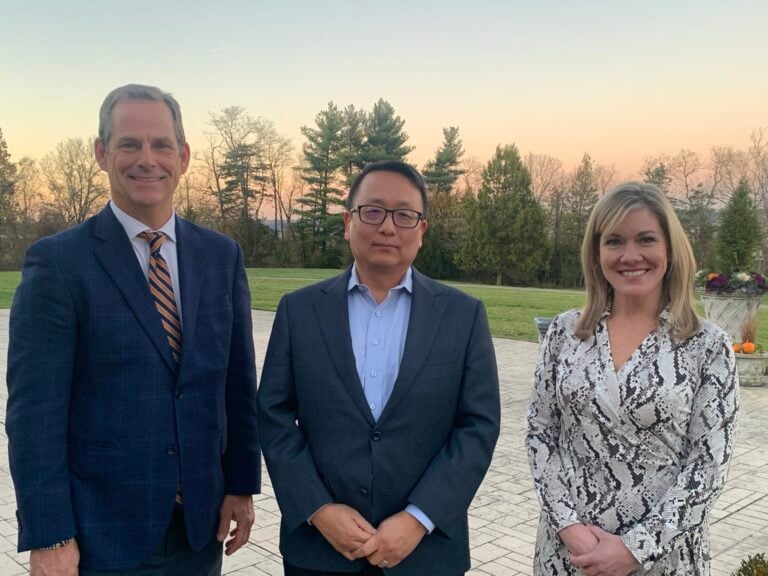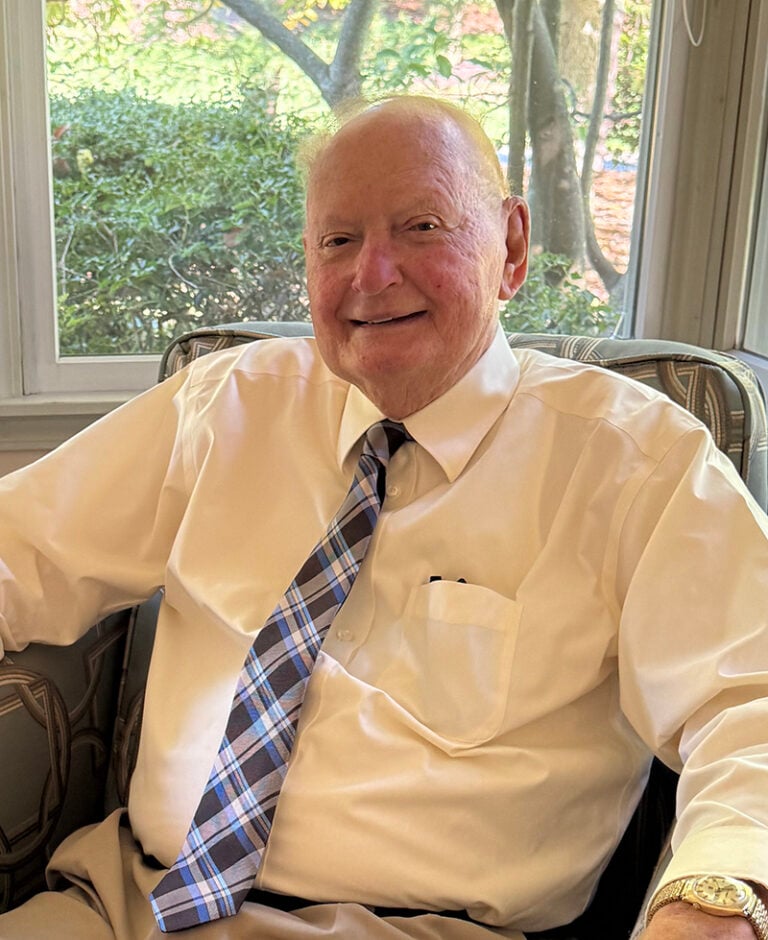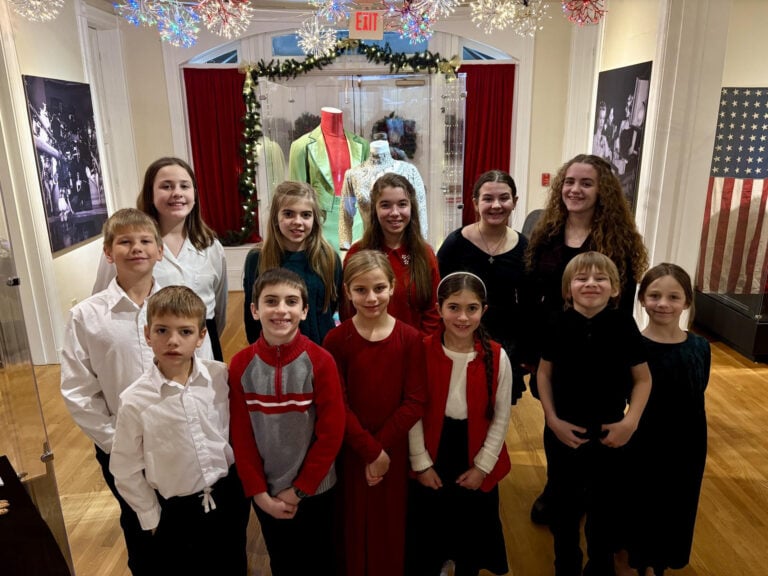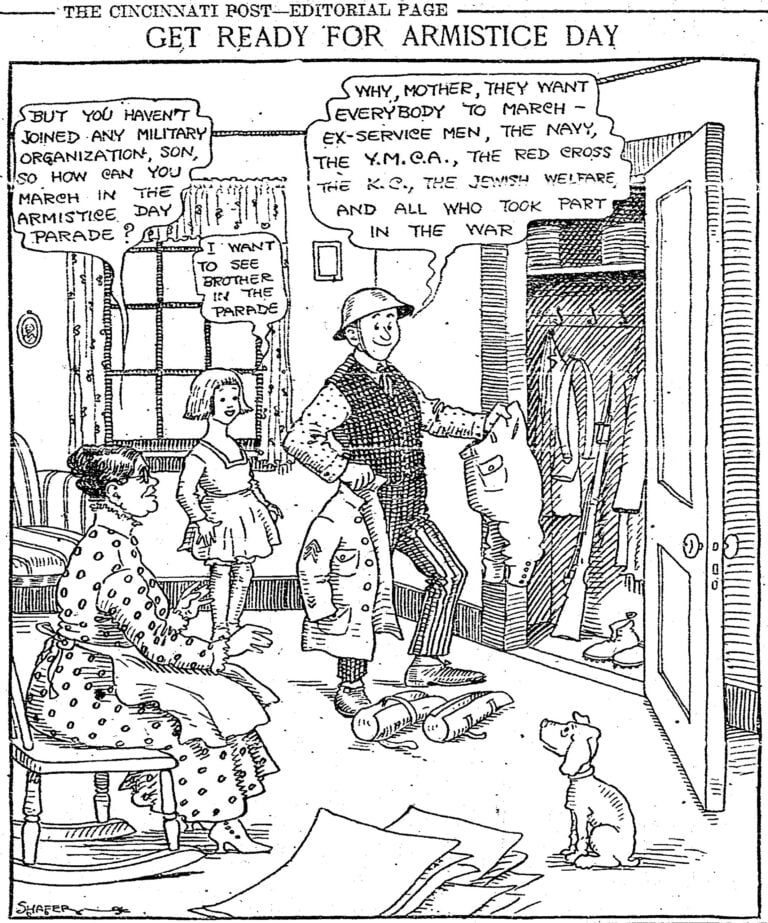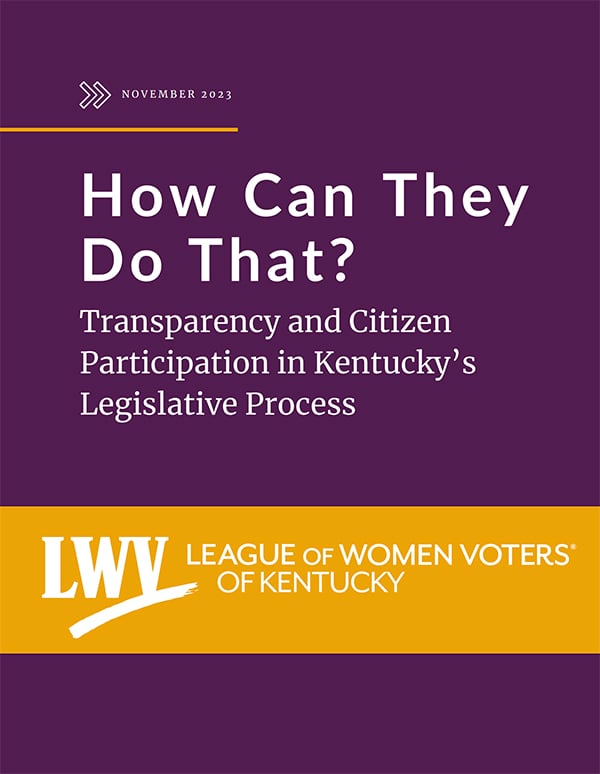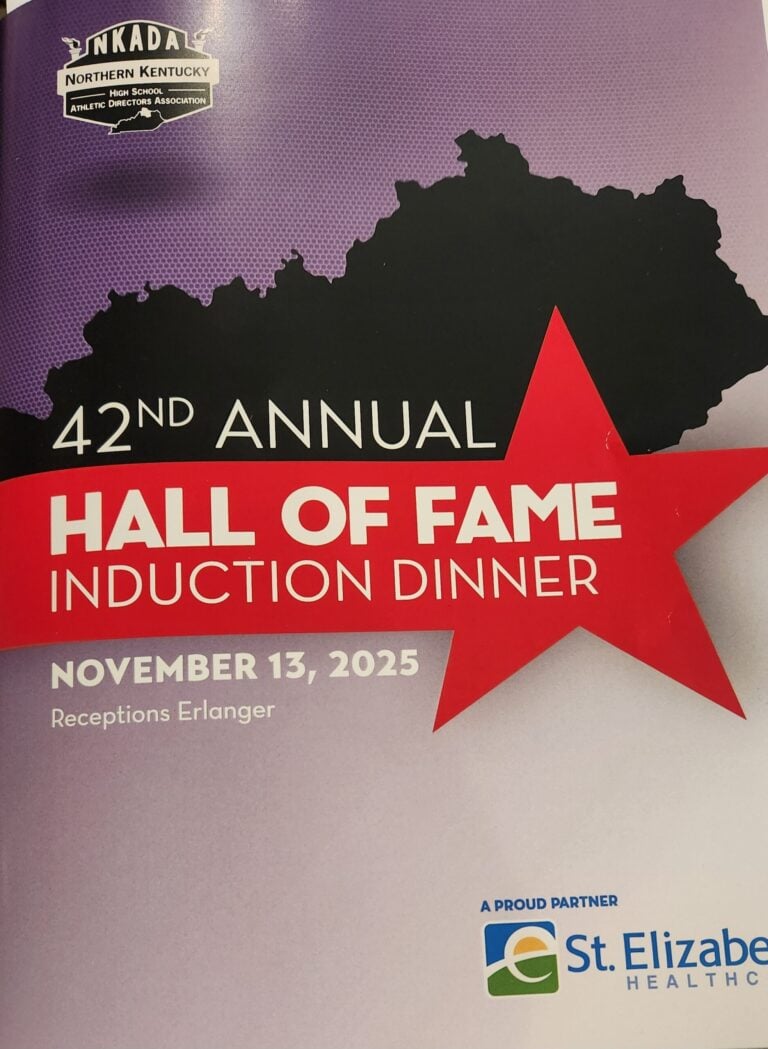It has been 54 years since “The Eagle has landed.” Talk about a pinnacle moment! July 20th, 1969, we put men on the moon. It feels right to celebrate accomplishments that can only be achieved through disciplined teamwork. Not only was it a scientific triumph, but it also helped galvanize the American public during a rough geopolitical time for our country. The U.S. (and world for that matter) was given a front row seat via television cameras “streaming” the first lunar walk. Our nation came together and with pride watched a great feat of science. Reason and logic were applied to accomplish something that according to President JFK “in many ways may hold the key to our future on Earth.”
Events like the moon landing remind me of American Heroes and the greatness we can achieve when we work together applying logic and hard work to any situation. Recently I’ve been reading biographies from military men who have accomplished much and/or pushed through adversity. A common thread through all their writings is a disciplined approach to overcome the hurdles and suffering that is omnipresent in life. I especially enjoy reading about the awareness of reality that pain can bring and the reactions of those great men.

Jamie Ruehl grew up in Erlanger. He graduated from St. Henry District High School, earned a degree in business administration from Xavier University, served the US Army on an ROTC Commission in 2001, attaining the rank of Captain and serving overseas. Back home, he graduated from Northern Kentucky University’s Executive Leadership and Organizational Change Master’s Program in 2018. He served as a Law Enforcement Officer for 8.5 years and was inducted into the American Police Hall of Fame. He has been a staff insurance adjuster since 2019 with a large carrier headquartered in Cincinnati. He is attempting to be the best possible husband to his wife of 15 years and best possible father to their 3 children. They live in Edgewood with their two dogs. He is a life-long distance runner.
The book, Make Your Bed by William H. McRaven, speaks directly to how we react to the pains of life, “It is easy to blame your lot in life on some outside force, to stop trying because you believe fate is against you. It is easy to think how you were raised, how your parents treated you, or what school you went to is all that determines your future. Nothing could be further from the truth. The common people and the great people are all defined by how they deal with life’s unfairness.”
Unavoidable pain and suffering happen to all of us, but we can overcome those roadblocks with grit and fortitude. Resiliency can be a learned behavior. It is acknowledging the origin of the pain and learning how to accept it and learn from it. Every person in the world experiences pain and survival isn’t guaranteed, even in the USA where we have it relatively easy compared to many corners of the world.
Many of the great achievements of the U.S. during the 20th Century happened despite the pain, suffering and inequalities that are a natural part of everyone’s life. I like what Dan Crenshaw said in his book, Fortitude: American Resiliency in the Era of Outrage, “Every day is undertaken with a sense of duty to be better than I was yesterday, even in the smallest of ways. I seek out hardship. I do not run from pain but embrace it, because I derive strength from my suffering. I confront the inevitable trials of life with a smile.”
When groups of people use pain and or suffering as an excuse to be a victim, and then demand accommodation, they are enslaved by their pain. They have not conquered nor overcome their suffering. Like subjects to a king, those people will continue to slave to their pain. All too often, we citizens of the U.S. have bowed down to the false notion that we can live a “pain-free existence.” And when that fantasy inevitably comes crashing down, we don’t know how to deal with it. Pain enters our lives; we dull ourselves with poisons or delusions and expect the pain to somehow magically not return.
Many of the ills we see today can be traced back to a large segment of our society avoiding the natural state of pain. Many politicians pretend to help us alleviate that pain with campaign promises of “free healthcare,” “loan forgiveness,” “affordable housing,” or “Universal Basic Income.” Much like the butterfly that requires the muscle building pain of extricating itself from its bonds in its chrysalis, we must exercise our will to build strong characters. If our government attempts to cut us from the natural “bonds” of pain, then they have doomed us too never being truly independent. Remember, the butterfly that got help escaping its bonds, dies a quick death because it lacks the strength to fly.
When Apollo 1 exploded on the launch pad, should we have given up? Why didn’t our forefathers just throw in the towel when the King from Great Britain taxed them without representation? During the Civil War when the Democrats were attempting to keep slaves under their thumb, why didn’t our nation just acquiesce? Why didn’t we just roll over when Japan bombed Pearl Harbor? Should we have reacted with pain avoidance behavior and taken the “easy path” in the countless hard decisions of our nation’s history? I’m glad we didn’t. I’m proud to be a citizen of a nation that prioritizes “One Nation, Under God, Indivisible, with Liberty and Justice for All.”
The declaration left on the Moon in 1969 reads:
“Here men from the planet Earth first set foot on the moon —July 1969 A.D. — We came in peace for all mankind.”
Let us remember that peace comes with a price. All of us suffer and endure pain, but we are better for it. We can learn from our natural state of suffering and reach heights not yet found by human souls.
United We Stand. Divided We Fall.











